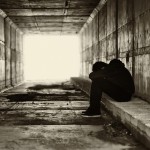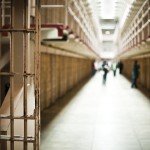Feelings of emptiness or desolation can harm an older person’s physical health and even reduce his or her lifespan, according to a University of California at San Francisco (UCSF) study reported by the UCSF News Center.
For the study, researchers examined National Institute of Aging data from 2002 to 2008. The study’s 1,604 adults were all 60 or older, with an average age of 71.
Researchers found that participants who identified themselves as lonely were 59 percent more likely to experience a decline in the ability to perform daily activities, such as walking, climbing stairs or doing other tasks that required using their arms or hands. What’s more, lonely participants had a 45 percent higher death rate than those who didn’t suffer from loneliness.
Surprisingly, scientists also found that loneliness was not necessarily associated with living alone. The study showed that while only 18 percent of participants lived by themselves, 43 percent reported feeling lonely.
"We are interested in identifying the different factors that cause adults to become functionally impaired and ultimately at risk for nursing home admission," said Carla Perissinotto, MD, MHS, an assistant professor in the UCSF Division of Geriatrics and lead study author. "The aging of our population and the greater odds of institutionalization make it important for us to think about all the factors that are putting elders in danger, including social and environmental risks."
Perissinotto believes that incorporating social interventions with medical services for the elderly will help address loneliness and prevent some functional decline in those affected by it.
Click here to read about the mental health benefits of exercise for the elderly.






Comments
Comments